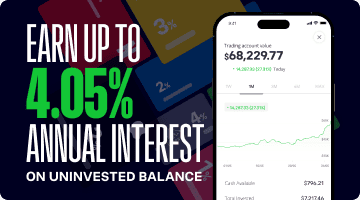The Audacity of Wealth: Jennifer Okpechi on why Financial Freedom is a Woman’s Greatest Tool
For project manager and Scrum Master Jennifer Okpechi, investing isn’t just about numbers, it’s...
Breaking the Comparison Trap: Jessie Leong on Why Your Financial Journey Is Never "Apples to Apples"
For writer and How I Fund This founder Jessie Leong, the hardest step wasn't learning the jargon,...



